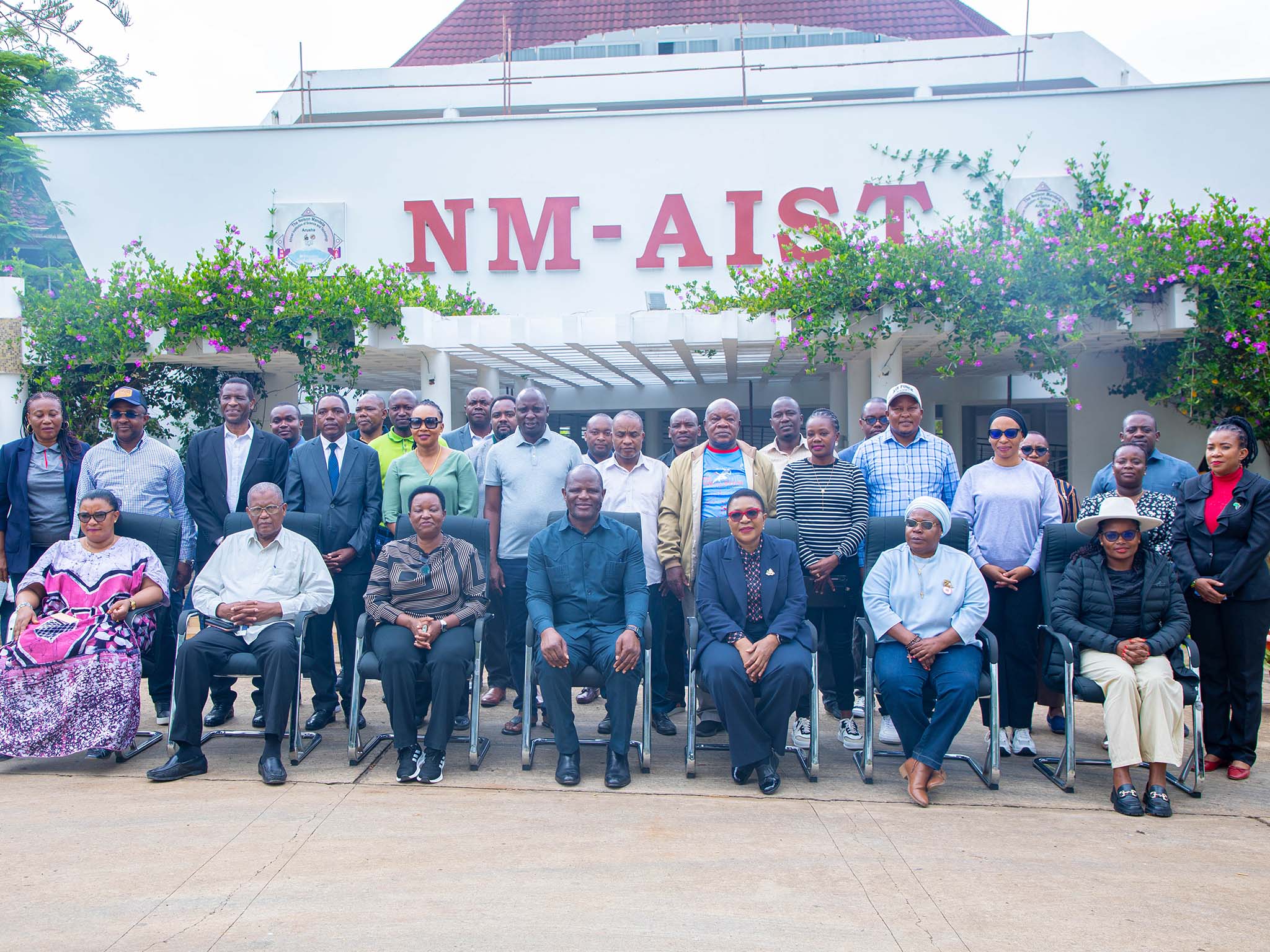
The Parliamentary Standing Committee on Public Accounts (PAC) has praised the Nelson Mandela African Institution of Science and Technology (NM-AIST) for the effective application of the FORCE account system, which has significantly contributed to the success of various projects across the country.
The commendation was made on March 24, 2025, in Arusha by the Vice Chairman of the committee, Japhet Hasunga, following an inspection of the student Hostel construction project.

Additionally, the committee acknowledged NM-AIST’s impressive achievement of producing 110 innovations, with 22 of them having secured patents. They emphasized that these innovations should be disseminated widely, not only within East African Community (EAC) countries but also to other nations seeking to learn about groundbreaking innovations.
The committee further instructed NM-AIST to continue its efforts in innovation, stressing the importance of securing patents to protect these technologies from being exploited by others.
Hon. Hasunga remarked, “If these innovations lead to breakthrough results, obtaining patents is crucial for the creators to protect their ideas. It also enables them to monetize their inventions, fostering economic independence and empowerment.”

He added, “Ensure that your innovations reach the market, and once again, we commend you for demonstrating the real value of the funds invested in this project, including the proper use of the FORCE account.”
In presenting the project’s implementation report, Professor Maulilio Kipanyula, the Vice-Chancellor of NM-AIST, explained that the three-storey Hostel project, worth 6.109 billion shillings, includes 184 rooms. Of these, 160 are self-contained, 20 are apartment-style rooms for mothers with children, and four rooms are designated for shared use.
Prof. Kipanyula also noted that the dormitory project is currently 74% complete and is expected to be finalized by June 30, 2025. He emphasized that the institution’s primary goal is to provide high-quality training and research. Currently, students from 16 different countries across the EAC and Sub-Saharan Africa are enrolled.
Regarding the innovative Black Soldier fly project, Professor Anthony Mshandete, Deputy Vice-Chancellor for Academics, Research, and Innovation, shared that the Black Soldier fly is non-infectious and lays over 500 eggs. These eggs are used to produce maggots, which are then processed into animal feed and fertilizer.
He highlighted the environmental benefits of the project, which utilizes waste from sisal farming, ultimately producing sustainable and farmer-friendly animal feed and fertilizers.
Earlier, committee members, including Hon. Isack Kamwelwe (MP for Katavi) and Hon. Condester Sichalwe (MP for Momba), also praised NM-AIST for its diverse innovations and the progress of the dormitory project, citing the beautiful landscape and overall effectiveness of the institution’s initiatives.





 Visit Today : 1577
Visit Today : 1577 Visit Yesterday : 1776
Visit Yesterday : 1776 This Month : 3353
This Month : 3353 This Year : 122842
This Year : 122842 Total Visit : 810108
Total Visit : 810108